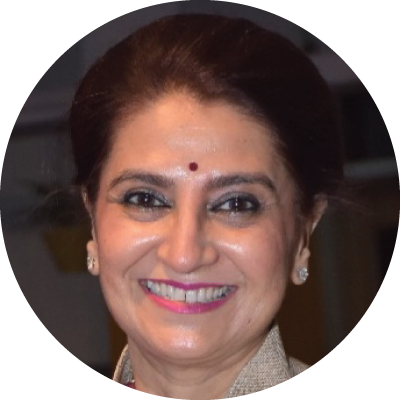
“To develop a complete mind, study the Science of Art, study the Art of Science. Learn to see and realize that everything connects to everything else.”
Leonardo da Vinci
The years at School are some of the most enjoyable ones in every child’s life. The child makes friends that are often with him for life, learns something new every day, plays mischief, understands what rewards and what punishes, and how to accept failure with calmness and introspection and success with delight and empathy. But School can also be a challenging place – its definitive pedagogy of compulsory subjects can sometimes be cumbersome for those children with specific talents and with a certain bent of mind that helps them appreciate the sciences more than the humanities or vice versa. These children often flower and shine when they leave school and go to Universities where they can pursue studying and researching what they love most and are free from the ‘compulsory subjects’!
However, Life continues to throw a number of ‘boring, compulsory subjects’ at us. Engineer-entrepreneurs have to balance their books of accounts; artists need to know how all about anatomy to get that human figure right; doctors must be good administrators to run their clinics well; being a good chef is a wise mix of having a discerning tongue, knowledge about nutrition and smart presentation skills; writers need to keep themselves updated on legal matters related to copyright rules and regulations. Those who can manage the balancing act well, usually come out on the top of their professions.
Where do we learn these balancing tricks? Believe it or not — it’s in School. As we struggle with arithmetic when all we want to do is practice on the drumset or when we would rather be in the chemistry lab than fiddle around with watercolors in the art class – that’s where we unconsciously train ourselves to ‘deal’ with responsibility — what ‘must be dealt with’, however unpleasant it might be at that time. Our minds also mature thus and as we grow into youthful adulthood, we can decide when it is ok to go for a drive with friends and enjoy ourselves, but also to make sure that we work into the night to finish the last bit of the project work that needs to be submitted in class the next morning.
School teaches us that in life everything is inter-related. To appreciate what a piece of work is Man, we need to understand literature, biology, philosophy, physics, aesthetics, music, and the environment.
And that is why teaching STEM is no longer just Science, Technology, Engineering, and Math, but STEAM – Science, Technology, Engineering, Arts, and Math!
Tejal Amin
Chairperson
Navrachana Education Society
